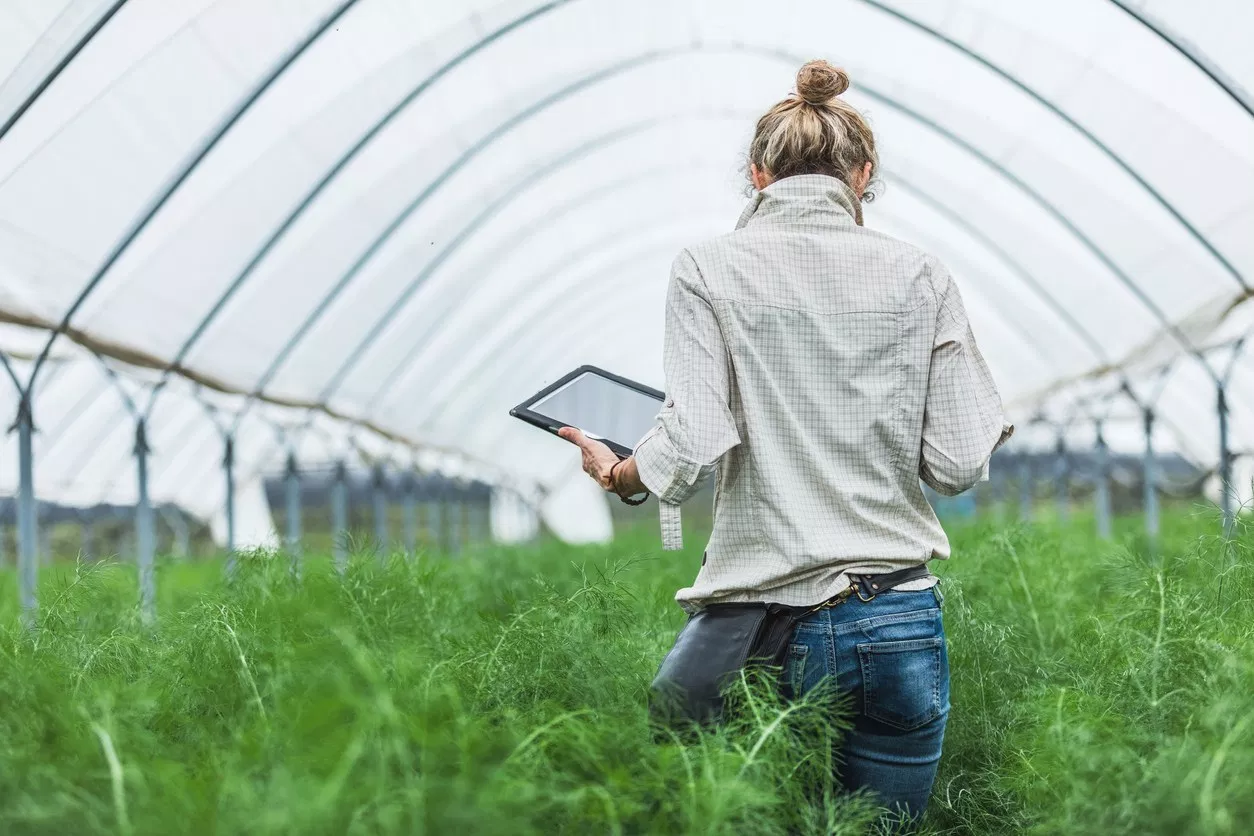Food & Power: Data Consolidation Threatens Sustainable Agriculture Says International Panel
by Claire Kelloway | February 2019
If you care about reducing pesticide use, promoting agricultural biodiversity, and supporting small farmers, then you should also care about who’s amassing agricultural data. That’s the message of a new report from a group of sustainable food policy experts, out last week.
The International Panel of Experts on Sustainable Food Systems spent three years putting together a comprehensive food policy platform outlining how the European Union can build a more equitable and sustainable food system. Among dozens of proposals, the report called on EU regulators to “block agribusiness mergers leading to over-consolidation of farm data” as a way to promote more resilient and ecological food production.
The problem is not that a growing number of farmers rely on data-analytics to guide their planting decisions. It’s that large swaths of valuable data are increasingly being locked away inside the servers of private, for-profit corporations, rather than made public by open and disinterested sources that historically informed farmers, like the U.S. Department of Agriculture and university extension services. The report noted that these corporate data keepers make their money by selling patented seeds and chemicals, hence have little incentive to collect or share information about other techniques.
In theory, these new technologies should be a huge boon for all farmers. Farmers can purchase software programs and sensors that measure and analyze everything on their farm, from soil conditions to crop yields. This information can be used to tell farmers exactly how much water, fertilizers, pesticides, and herbicides plants need. And collective yield data can reveal which plant varieties perform best in a given region to provide better crop recommendations, among many other possible uses.
A flurry of ag-tech startups hope to capitalize on this estimated $20 billion market opportunity, but their products are only so good as the datasets they draw upon. And bigger is better. “Statistically, the more data points they have the more accurate their predictions can be,” explains Jason Davidson, Food and Agriculture Campaign Associate for Friends of the Earth.
The catch is that, for companies who want to build digital agriculture software, “it makes it really difficult to enter into the market when you’re dealing with other companies that have huge swaths of data,” Davidson says.
Over the past decade, big agribusinesses have moved quickly to corner access to all types of agricultural data and create their own ag-tech platforms. Seed and chemical companies like Bayer, DowDupont, and BASF have partnerships with John Deere to gather farm-level data from their tractors and host their software on Deere’s farm equipment.
The Big Four seed and chemical purveyors are also acquiring ag-tech startups. Bayer-Monsanto alone purchased five agriculture software companies since 2012, including a $1 billion takeover of Climate Corporation, the world’s leading digital agriculture platform used on over a third of US farmland.
Once these firms integrate information gathered from individual farms into their data-driven products, it often cannot be deleted. These provisions solidify existing platform dominance and ensure corporations benefit off farmers’ information even after a farmer decides to stop using the software or switch platforms.
The vertical integration of data-driven planting recommendations and the sale of seeds and chemicals also presents an inherent conflict of interest. BASF, for instance, offers farmers rebates for buying their seeds and pesticides along with their ag-tech platform. Corporations can also easily favor their products in recommendation results or even cut competitors’ products off their platform entirely.
Smaller scale, biodiverse, and organic farming practices are already marginalized when it comes to research, development, and market access. As agribusinesses drive the future of data-based farming, this disparity may only deepen, explains Peter Carstensen, Professor Emeritus at University of Wisconsin Law School.
“If [agriculture information] sources are themselves tied to … Monsanto or BASF, what you are going to get are systems that make it increasingly hard for independent suppliers to supply for farmers who want to do other things, that is, be organic, be sustainable.”
In addition to blocking further mergers between dominant ag-data holders, the Panel urged the EU to promote more open source data systems, so that more players have access to large data sets. And if farmers do not wish to make their data open source, the Panel suggests that they form data co-ops, co-owning data with other farmers, in order to gain the benefits of accruing more data without forfeiting control to a private entity.
Additionally, other experts believe that greater data portability could promote competition among ag software providers, by allowing farmers to remove any information they’ve generated from a platform.
“It is not necessarily through acquisition in which the top firms are going to continue getting more and more data, and so just preventing mergers is half the puzzle,” says Davidson. “Data portability … is going to be the other super important piece to try to preserve competition in digital agriculture.”
What We’re Reading
- To further insulate itself from boom-and-bust business cycles, Tyson Foods is branching into more prepared and packaged foods, reports the Wall Street Journal.
- The Journal also reports that Midwestern farmers “are filing for chapter 12 bankruptcy protection at levels not seen for at least a decade.”
- The Minnesotan sustainable agriculture non-profit, the Land Stewardship Project, is suing the state environmental protection agency over its decision to permit the expansion of mega-dairy, Daley Farms. This comes at a time when more Minnesota counties are weighing size caps on feedlots, reports Minnpost.
- Forty large hog slaughterhouses are expected to join a pilot program that will increase their processing line speeds, according to Fortune. Together, these plants process over 90 percent of US hogs.
